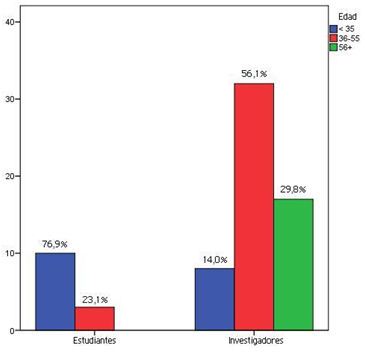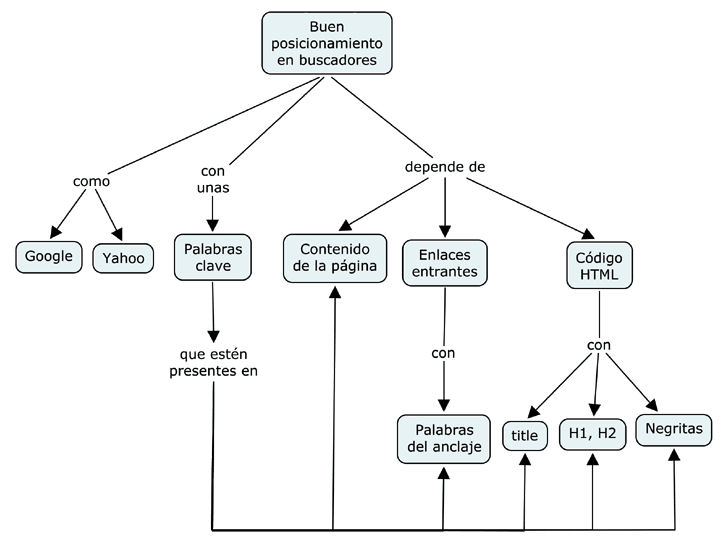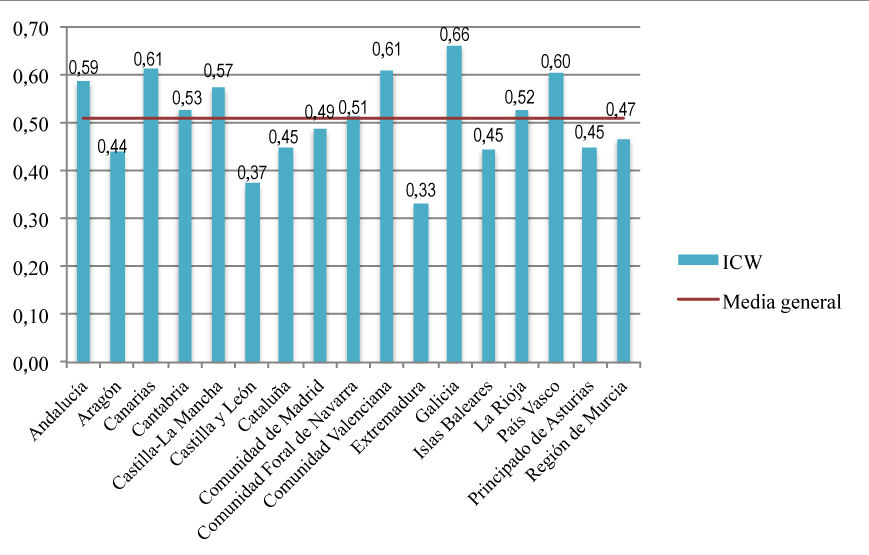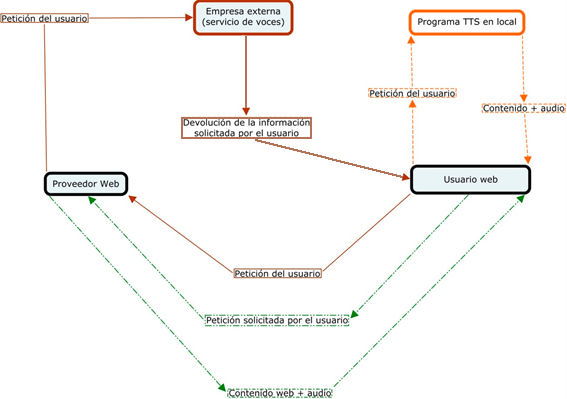Objectivo: analizar la calidad de los sitios web turísticos oficiales de las comunidades autónomas españolas.
Metodología: metodología propia, elaborada por el proyecto de investigación CODETUR, basada en una plantilla de análisis que contempla doce parámetros y un total de 127 indicadores. La combinación de indicadores y parámetros permite calcular un índice de calidad web (ICW) para cada sitio evaluado, un índice específico para cada parámetro e identificar aspectos sobresalientes y áreas de mejora en cada uno de los portales turísticos.
Resultados: la calidad general de los portales turísticos oficiales de las comunidades autónomas españolas se sitúa justo por encima de un nivel medio, con un ICW global de 0,51. La puntuación más elevada la obtiene el sitio web de turismo de Galicia, con un 0,66, y la puntuación más baja, el de Extremadura, con un ICW de 0,33. Los parámetros que obtienen la puntuación media más elevada son los referidos a usabilidad y accesibilidad (0,75), posicionamiento (0,73) y arquitectura de la información (0,69), aspectos consideradosObjectives: This paper assesses the quality of official tourist destination websites offered by Spain’s regional tourism boards.
Methodology: The system of assessment was designed by the research group Comunicación online de los destinos turísticos (Online Communication for Destination Brands, CODETUR) in the form of a template combining 12 parameters and 127 indicators to calculate a web quality index for each website and identify its strengths and weaknesses.
Results: The quality of tourist destination websites offered by Spain’s regional tourism boards was observed to be slightly above average, with an overall web quality index of 0.51 in which Galicia scored the highest (0.66) and Extremadura scored the lowest (0.33). Taken together, the Spanish websites scored highest in those areas the researchers had defined as technical, (0.75 for the parameter Usability and accessibility, 0.73 for Positioning and 0.69 for Web architecture) and scored lowest in those areas defined as relational (0.27 for Mobile communications and 0.28 for Interactivity) or as persuasive (0.29 for Commercialization).




